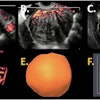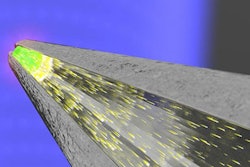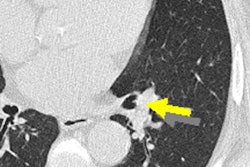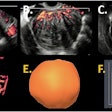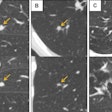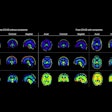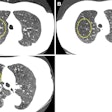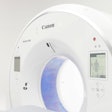Dear MRI Insider,
Pelvic floor disorders are a common health problem, and they can be exacerbated by advanced age, obesity, smoking, previous pelvic surgery, and other factors. MRI is proving of great value in these cases, but optimum technique is essential for success, says a Portuguese team.
The group's research received the accolade of a magna cum laude at ECR 2017, so clearly the authors know what they're talking about. Find out more here.
Use of 3-tesla MRI is central to the National Cohort Health Study in Germany, which began three years ago. Steady progress is being made in this hugely significant project, according to Dr. Fabian Bamberg, who has provided an update in an interview. To learn more, click here.
Following its recommendation to pull four linear-based gadolinium MRI contrast agents off the market, the European Medicines Agency's Pharmacovigilance Risk Assessment Committee (PRAC) is looking again at the evidence in response to requests from contrast developers affected by the decision. The PRAC expects to complete the review in July, so several months of uncertainly seems inevitable. To get the full background, see this column from Dr. Peter Rinck, PhD, and read our breaking news report.
Today, MRI can provide useful diagnostic information about stroke patients, but what do radiologists really need to know about cardiac findings in these cases? An award-winning Spanish team has provided some answers. To find out more, click here.
PET/MRI continues to show clinical promise, but a more coherent strategy for hybrid imaging is required, writes Dr. Arturo Chiti, a nuclear medicine specialist from Milan. He has proposed a four-point plan of action. Click here for the full story.
This letter features only a few of the many articles posted over the past few weeks in the MRI Community. Please scroll through the rest of our coverage below.
